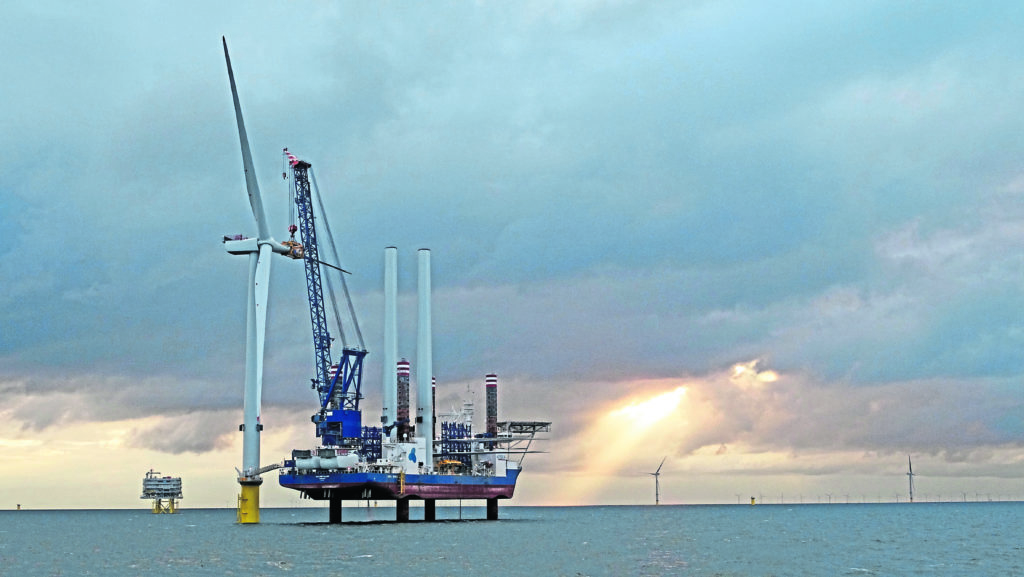
Ofgem has published its report on the electricity disruption which occurred on the 09 August 2019 resulting in supply being lost to over one million customers for a total period of 45 minutes.
As a result of a failure to maintain efficient supply to the grid, £10.5 million has been paid by two generating companies (Ørsted and RWE) and a Distribution Network Operator (UK Power Networks) to the voluntary redress scheme.
Under the redress scheme, companies who are found to have breached a licence condition or were part of an investigation or compliance case can make voluntary payments alongside or instead of fines and compensation to address any harm caused to consumers.
Does this approach follow recent activity?
Statistics indicate companies are opting to pay under Ofgem’s voluntary redress scheme in place of Ofgem imposing fines. Whilst the fines may seem tough here as a lightning strike initiated the blackout, Ørsted and RWE accepted that their systems require greater resilience (according to the Grid code). By comparison, we should draw our minds back to the £3.6 million paid by Cadent for gas service interruptions which affected 12,000 customers who were without supply for a 24 hour period. The cases show how seriously Ofgem views these failures and the need to maintain the UK’s reputation as having one of the most efficient networks worldwide.
Implications within the electricity sector
August’s blackout has been described as a “case study” which instigated Ofgem’s investigation into the efficiency of the UK’s electricity supply. One of the principles behind its publication is to disseminate lessons learnt to the wider electricity community.
Avoiding future fines
The report provides little detail about solutions to avoid blackouts, irrespective of their causes, to ensure that there are reliable reserves in plentiful supply.
The balance which needs to be achieved lies between decarbonising the system and ensuring that there is reliable capacity to supply the required power to the grid. Methods which could be used include:
- More robust continuity plans for service users;
- Increased backup reserves;
- Enhanced economic and emergency Demand Side Response capacity which, given the increased prevalence of smart appliances, might include demand response functionality for such smart appliances;
- Modernising the ESO’s role in managing an increasingly distributed generation network as thousands of small scale, distributed installations have replaced power stations which previously met demand; and
- Further engineering improvements.
Some may ask – is there really is a big problem here? On average, we all suffer from one malfunction a year and the effects are often minimal. What is clear from the current landscape and Ofgem’s report, is that we need to progressively decarbonise the system and the electricity community must not be complacent about the need to constantly strive to improve and maintain a resilient system.
Brian Farrell, Partner, and Emma Harris, Trainee Solicitor, both at UK law firm Ashfords.
Recommended for you
